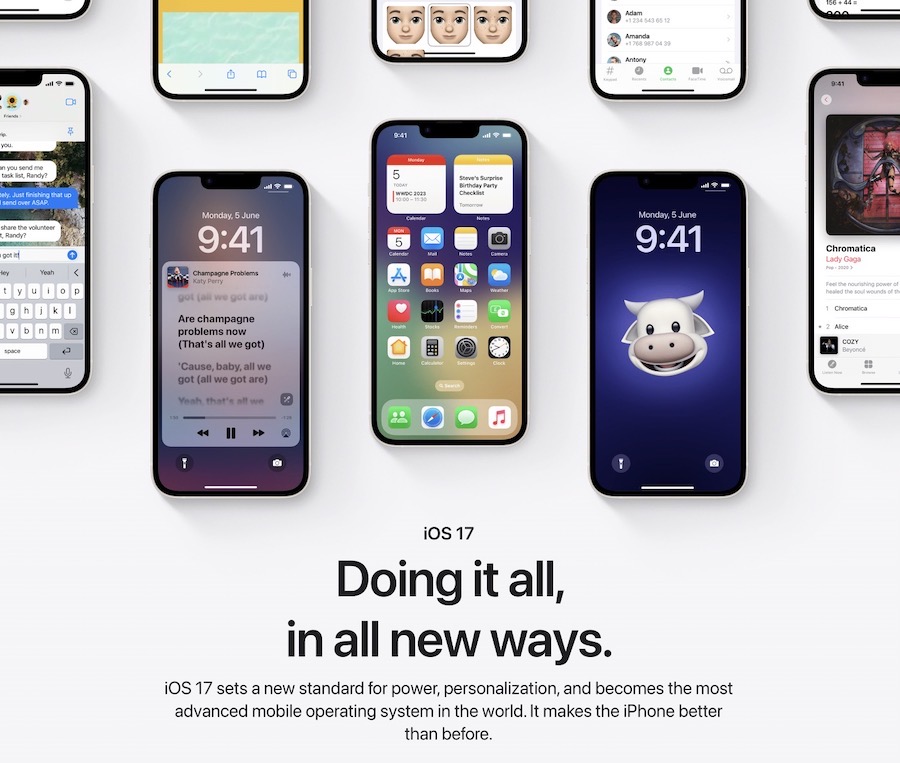
Samsung’s Q1 2019 Profits Slump 60 Percent on Weak Semiconductor Sales
Samsung has suffered a 60 percent slump in profits due to waning demand for its memory chips.

According to a new report from Reuters, the South Korean firm’s revenue for the three-month period dipped by 13 percent year-on-year to 52.4 trillion KRW (around $60 billion CAD). Operating profit for the quarter came in at 6.2 trillion KRW; that’s still a hefty $7.1 billion CAD, but it represents a mammoth decline of 60 percent compared to last year’s Q1.
Samsung’s chip business was the main cause of its revenue drop, as the company had previously relied on it heavily to drive growth. Revenue from Samsung’s semiconductor business dropped 27 percent, while its memory chip unit saw its revenue dip 30 percent year-on-year.
“First quarter earnings were weighed down by the weakness in memory chips and displays, although the newly launched Galaxy S10 smartphone logged solid sales,” said Samsung in a statement.
Samsung blamed these declines on what it calls “weak seasonality and inventory adjustments,” blaming weak smartphone sales and falling server demand for its decline in memory chip sales. The company also said that its display business contributed to the declines, falling 18 percents due to “weaker profitability in both mobile and large displays.”
The Korean company warned of more short-term declines in the future, as memory chips prices are likely to continue to decline until a rebound in demand occurs as data centres re-stock at some point later this year.
“For the second half of 2019, the company expects memory chip demand for high-density products to increase, but uncertainties in the external environment will persist,” the company said.
Samsung’s results are a proxy for the global economy due to the company’s role as both one of the world’s biggest hardware makers and a major supplier of electronics companies — including to rivals such as Apple, which buys displays and chips from the South Korean company.
Samsung has recently made headlines for its troubled Galaxy Fold foldable smartphone, which has now been indefinitely delayed as the company continues to work towards strengthening the display so that it doesn’t suffer from bulging hinges and abrupt device failures.

